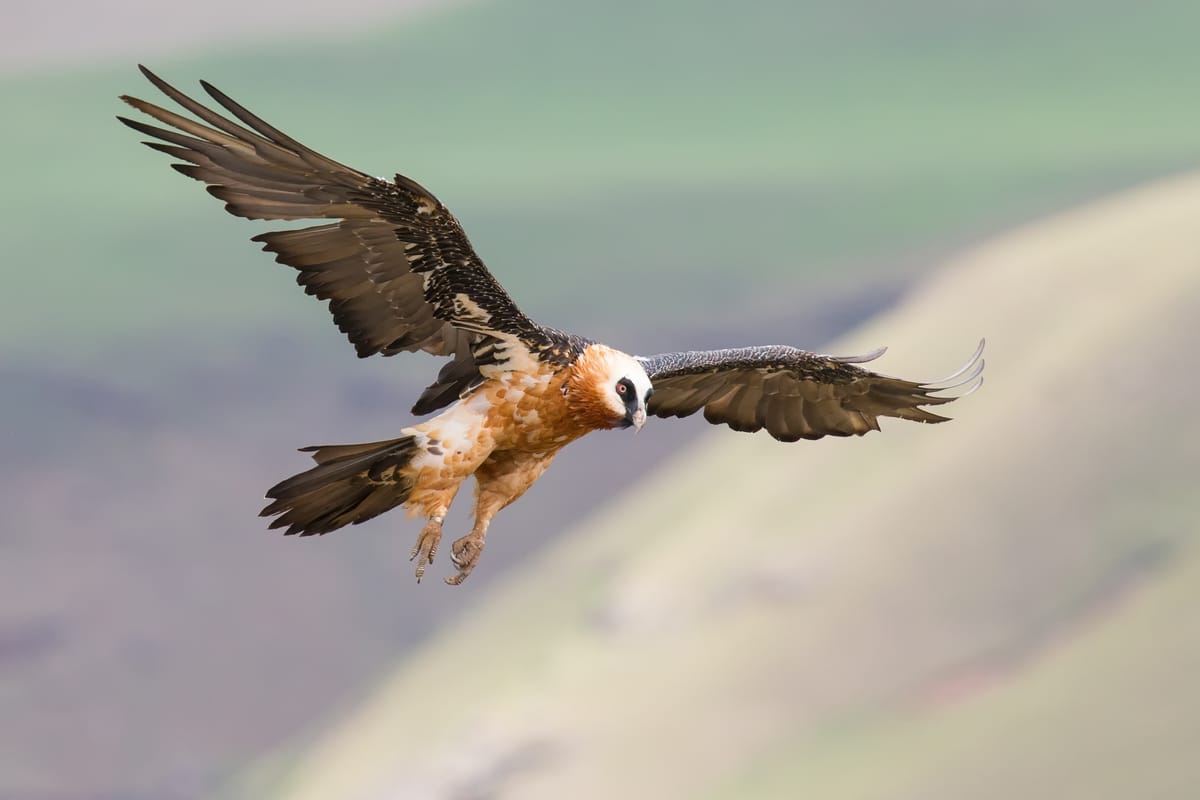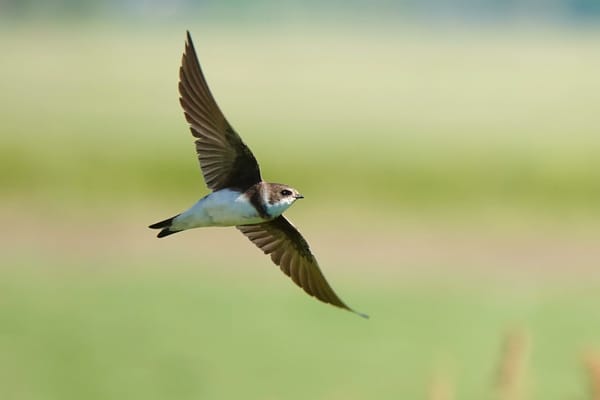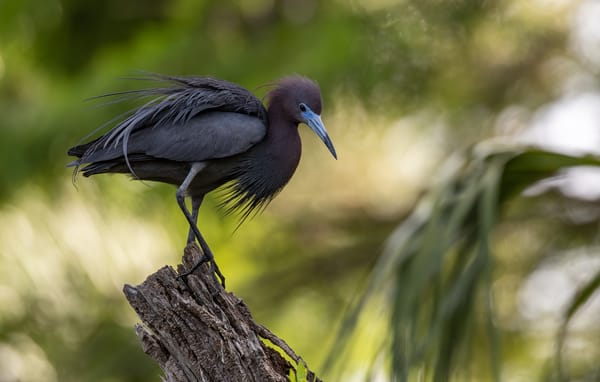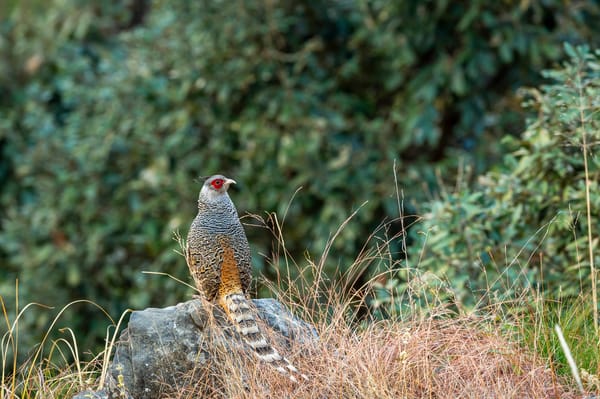The Right to Say "No"

A reminder: Second Breakfast is on hiatus until the new year. Well, sort of, as here's a Second Breakfast email in your inbox. There are a couple of weeks' worth of news articles to link to, to be sure – the usual Friday stuff. But I've got a few other things to say, more in general, about the state of "AI" and education technology, about their utter indignity.
A few weeks ago, I attended a conference at Duquesne University – the 2025 Tech Ethics Symposium – where I spoke on a couple of panels about the future (of the "AI" industry, of higher education). It was a remarkable event – the first time in my 15+ years as an education writer (and 25+ years working in and adjacent to ed-tech) that I've been to a technology event where "No" was presented as a viable (indeed, perhaps even the moral) response to computing.
Typically, instead of encouraging statements (and subsequently, practices) of refusal, these events channel any and all resistance into a reframing, into acquiescence: these technologies might be dangerous and damaging – inextricable from (as we can see with "AI") fascism, eugenics, environmental destruction, war, imperialism, and growing wealth inequality – but somehow, somehow we can still bend them "for good." (????????)
Many people so desperately want to believe that they have a relationship with technology that is, at the very least, symbiotic. "Bicycle for the mind" cliches galore. But computing technologies, built by the most powerful companies in the world, run by the richest men in the world (the richest the world has ever seen) are all fundamentally committed to something else altogether: not to symbiosis but to extraction, exploitation, and domination.
This all plays out in "markets." And this plays out on bodies. It has already taken a massive toll on life, on work, on school, on knowledge. On human dignity.
Whose bodies? Whose autonomy? Whose dignity?
The House Oversight Committee's release of some of the documents from Jeffrey Epstein's estate should serve to remind us of this: the ways in which the elite move through the world with such thoughtlessness and with such impunity. That Larry Summers even still had a job teaching at Harvard – my god.

(Among the positions Summers has stepped down from this week: his role on the board of OpenAI.)
There is a real rot at the core of many of our institutions – and certainly at the core of those powerful players operating within and adjacent to them. "Artificial intelligence" emerges from this rot. It cannot be a bulwark against it. Among Epstein's friends (correspondents, visitors to his island) were luminaries in the field of "AI," including Marvin Minsky and Roger Schank. Luminaries in the field of technology and education.
Epstein, if you'll recall, was personally interested in all sorts of scientific research, but particularly in eugenics (he hoped, according to a 2019 NY Times article, to "seed the human race with his DNA") as well as in artificial intelligence. I feel like I'm losing my mind sometimes having to repeat this: "AI" and eugenics are inextricable.
Whatever belief that some folks have that they can "do good" with this technology, the technology itself bends in other directions (bends with a cc to jeevacation@gmail.com, I dare say). It bends towards the automation of everything. It bends towards indignity. It bends towards the end of education (certainly towards the end of the Department of Education), the reduction of school to "workforce prep," and the elimination altogether of a profession called "teaching" (in no small part because these folks have always viewed girls and women for other "uses" altogether).
Just a few more stories on ed-tech, "AI," and authoritarianism:
- "'Antivirus for libraries’: How a Texas startup is capitalizing on school book bans" – The San Antonio Express News on a company called Bookmarked that will identify "problematic material" for schools
- "'They Dragged Her Out in Front of the Kids': Inside Chicago’s ICE Raid at a Bilingual Daycare" – via Mother Jones
- 404 Media reports on how "DHS Is Deploying a Powerful Surveillance Tool at College Football Games"
- Speaking of school surveillance, a little bit of good news, for once – an update from Ian Linkletter on his legal battle with Proctorio
- "Stop AI in Malden Schools"
Stop it everywhere.
Today's bird is the bearded vulture, which according to Wikipedia, is "the only known vertebrate whose diet consists of 70-90% bone." Although primarily a scavenger, the bearded vulture is also known to attack and kill live prey. You can decide what to make of this bird analogy.
Thanks for reading Second Breakfast. I really am taking a break from newslettering for the rest of the year. (Maybe...)





